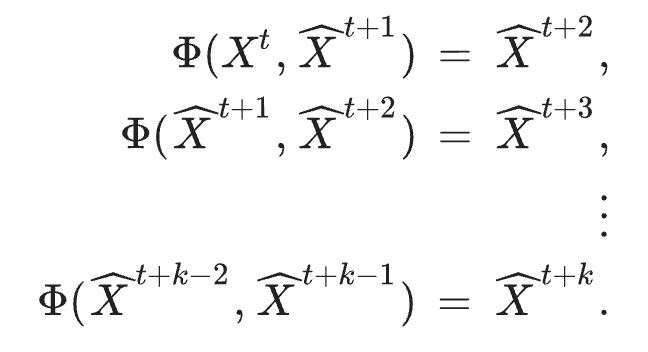This weather forecast is brought to you by A.I.
It's faster and more accurate. And those of us living on the coast are in favor of that
Just in time for hurricane season, scientists from Microsoft have developed a new computer forecasting system, nicknamed “Aurora,” that they claim is far more accurate than the methods we currently use.
Why?
Because it’s powered by artificial intelligence.
How does it work? It involves a little math, but, simplified, here it is:
Now that we’ve cleared that up, what this means is this new way of tracking hurricanes is more accurate and 5,000 times faster than how we do it today, according to a report published in Nature.
Scientists trained the A.I. that powers Aurora on more than a million hours of weather data. Its forecasting capabilities exceed those currently used by the National Hurricane Center.
For those of us living on the coasts, this is great news. Anything meteorologists can use to take the uncertainty out of the dreaded Cone of Uncertainty will be welcome.
The Atlantic Basin hurricane season began June 1 and continues through the end of November, the warmest months of the year.
Speaking of which, this reminds us of the annual debate between meteorologists and astronomers on exactly when summer begins.
Check your calendar, and you will see the Summer Solstice, the longest day of the year in the Northern Hemisphere, is June 20. That is the official start of summer according to astronomers.
Climatologists say: Not so fast. That may be the longest day, but the warm weather starts sooner, actually on June 1. Summer, according to these scientists, actually started nearly three weeks ago.
Who to believe?
I discuss that in my latest Essential News column in Florida Weekly. You can read more about the debate here:
Why do we even have seasons?
Here’s a quick explanation from my column:
Because the Earth is tilted on its axis by a whopping 23 degrees, the northern and southern hemispheres on all but two days of the year receive different lengths of daylight. On June 20, the northern half of the planet will receive the most sunshine, the southern half the least.
Only twice a year are there equal hours of night and day across the globe—the vernal and autumnal equinoxes.
The word equinox is derived from the Latin words aequi, meaning equal, and nox, meaning night. They could just as easily have been named the equidies (dies meaning day in Latin), but the term was coined in the Dark Ages.
I love it when scientists get into fights like this, don’t you?
In simple terms, the disagreement can be expressed thusly:
There. It’s settled. Enjoy your summer.
J.C. Bruce is a journalist and author of The Strange Files series of mysterious novels (available on Amazon, Barnes & Noble, Kobo, other online booksellers, and at selected libraries). He holds dual citizenship in the United States of America and Florida. His latest novel, Strange Timing, was recently named Book of the Year in the Royal Palm Literary Awards where it also won Gold Medals in the Sci-Fi and Thriller categories. When he’s not writing, he’s in training for the International Underwater Ping-Pong Championships.








